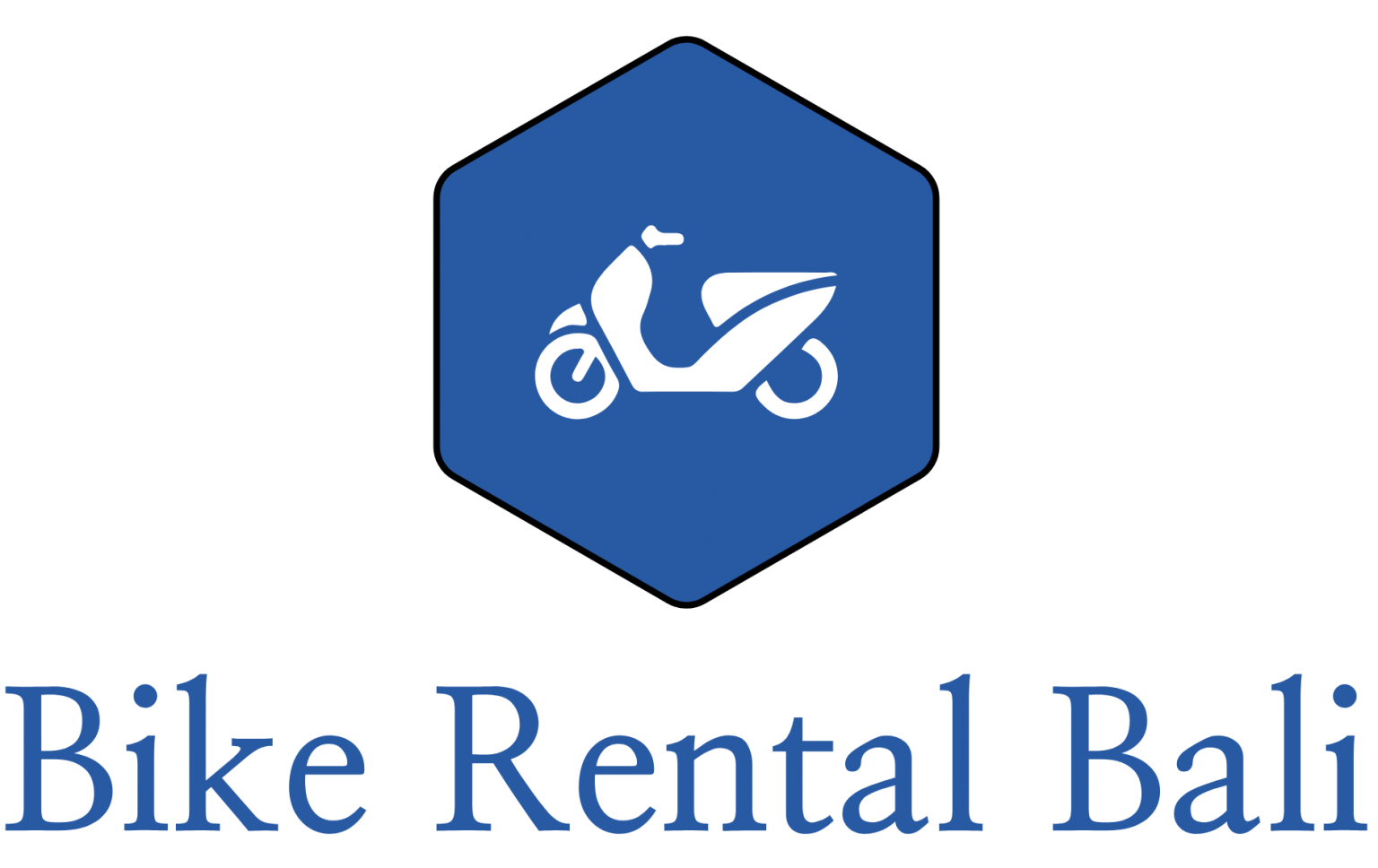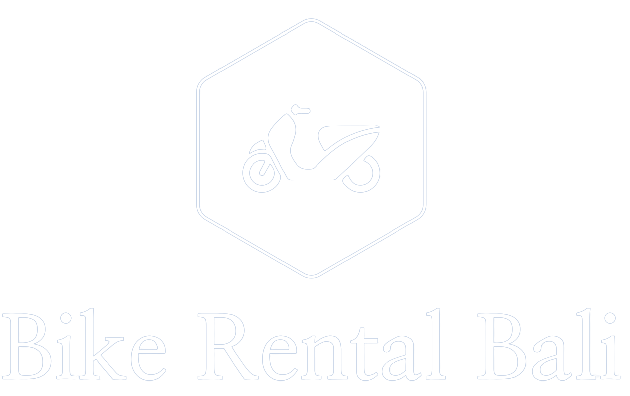Exploring the Legal Risks of Playing at a Foreign Casino Online
Exploring the Legal Risks of Playing at a Foreign Casino Online
Playing at a foreign online casino can be an enticing option for many gamblers seeking variety and potentially better bonuses. However, it comes with notable legal risks that players must carefully consider before engaging. The laws governing online gambling vary widely from country to country, and what is legal in one jurisdiction may be illegal or heavily regulated in another. Understanding these risks helps players avoid penalties, protect their funds, and ensure a safer gambling experience. This article explores the key legal concerns around playing at foreign online casinos, providing a comprehensive guide for prospective players.
Understanding the Jurisdictional Challenges
One of the primary legal risks of playing at foreign online casinos lies in jurisdictional issues. Online gambling is regulated at the national or even state level, meaning some countries explicitly allow licensed operators, while others prohibit or restrict gambling altogether. When a player accesses a casino based outside their country, they may be inadvertently violating local laws despite the casino being legal in its licensing jurisdiction. Authorities may also have limited means to protect players or resolve disputes if a foreign operator breaches terms or engages in unfair practices. Moreover, regulatory bodies might block access to foreign gambling websites or impose fines on users, emphasizing the importance of knowing your local gambling laws before playing internationally.
Payment and Withdrawal Risks
Another critical area to consider is the risks involved with making deposits and withdrawals at foreign casinos. Since international financial transactions can be complex, players might face challenges like delayed payments, blocked transactions, or hidden fees. Some countries impose restrictions on transferring money to gambling sites abroad, and violating these can result in legal consequences. Additionally, if the foreign casino operates in a jurisdiction with weak regulatory oversight, there’s a higher chance of facing difficulties when trying to cash out winnings. To reduce risks, players should always check payment methods, withdrawal policies, and whether the casino partners with reputable payment processors to ensure smoother and legally compliant transactions oddset sites.
Licensing and Regulatory Oversight
When choosing a foreign online casino, verifying its licensing and regulatory oversight is paramount to mitigating legal risks. A legally licensed casino is obligated to abide by strict rules that protect players, promote fair gaming, and ensure secure transactions. Common reputable licenses come from Malta Gaming Authority, UK Gambling Commission, Gibraltar Regulatory Authority, and Curacao eGaming, among others. Each license carries a different level of regulatory rigor, with some being respected globally while others might have less stringent checks. Players should research whether a casino’s license is recognized within their country or region, as gambling on an unlicensed platform may be considered illegal and unsafe.
Risks of Data Privacy and Security
Playing at foreign casinos also involves significant data privacy and security concerns. Since personal and financial information is exchanged online, users rely heavily on the casino’s data protection policies. If the casino operates in a country with lax data protection laws, player information might be vulnerable to breaches, misuse, or even unlawful sharing with third parties. This risk can lead to identity theft and financial fraud, compounding legal and personal consequences. Players should carefully review the privacy policies, encryption technologies, and customer support structures of any foreign casino they consider to minimize these threats and comply with their own country’s data privacy regulations.
How to Protect Yourself When Playing Abroad
To safely navigate the legal landscape of foreign online casinos, players must take specific precautions. First, thoroughly research the legality of online gambling in your country and whether foreign casinos are permitted. Second, verify the casino’s licensing credentials and ensure it is regulated by a reputable authority. Third, understand the payment options, including whether local banks or payment methods support transactions without raising suspicions. Fourth, carefully read through all terms and conditions to identify any clauses that could pose risks. Fifth, use secure internet connections and maintain data privacy best practices. Finally, consider the following numbered checklist to protect yourself:
- Confirm your country’s laws on online gambling and foreign casino usage.
- Check the casino’s license and reputation independently via reviews and regulatory websites.
- Use trusted payment methods that comply with your country’s financial regulations.
- Maintain secure devices and networks for accessing gambling sites.
- Know your rights and avenues for dispute resolution if issues arise.
Conclusion
Playing at foreign online casinos holds both appeal and significant legal risks that cannot be overlooked. Jurisdictional uncertainties, payment and withdrawal challenges, licensing issues, and data security concerns all make it essential for players to conduct due diligence before engaging. By understanding local gambling laws, verifying casino licenses, using secure payment methods, and protecting personal data, players can substantially reduce their exposure to legal pitfalls. Responsible gambling on foreign platforms requires an informed approach, ensuring an enjoyable and legally sound gaming experience without unexpected consequences.
FAQs
1. Is it illegal to play at foreign online casinos?
It depends on your country’s specific gambling laws. Some countries allow players to use licensed foreign casinos, while others prohibit gambling with any operators outside their jurisdiction.
2. Can I get my winnings seized if I play at a foreign casino?
While rare, some countries may seize winnings or impose fines if foreign online gambling is illegal. It’s essential to check local regulations before depositing money.
3. How do I verify if a foreign casino is legally licensed?
You can verify licensing through the official websites of regulatory bodies like the UK Gambling Commission or Malta Gaming Authority. Licensed casinos usually display their credentials on their site.
4. What risks are involved with payment methods at foreign casinos?
Risks include blocked transactions, delays, hidden fees, or even the inability to withdraw funds due to banking restrictions or casino policies.
5. How can I protect my data when gambling online with a foreign operator?
Use casinos with robust encryption, read privacy policies carefully, use secure internet connections, and avoid sharing unnecessary personal information.


